My Piano Concerto, “The World of Yesterday,” began with an email during one of the darker days of the pandemic: would I like to write a score for a movie about a concert pianist writing a piano concerto? As I looked at my concert diary, blank but for Zoom calls, it seemed like a wonderful way to keep busy. I’d never wanted to write a piano concerto (how to begin?) but the characters and outline of this film gave me a handle: an aging Austrian baroness and a young American composer in the early 1930s; she commissions him to write a piece and invites him to compose it at her castle in the Alps; she becomes more and more dissatisfied with his efforts, and more and more psychotic in her behavior; he escapes across the mountains with his life, and his sketches under his arm; a year later the piece is performed.
There’s more to the macabre story, but its use of a piece of music as a key character, intrigued me. I set to work immediately, jotting down a waltz theme of lush, Korngold-inspired decadence to represent the baroness, and a tune of bright, white- note, interwar Americana for the composer. “The final scene will be the performance of the last four minutes of the concerto onstage, ending with rapturous, ecstatic applause,” said the director. OK, so it had to be loud and flashy and energetic. “Yes, everyone going full-tilt. Brass, percussion, soloist…” Months passed and the whole project stalled. Then the pandemic began to pass, and concert dates began to start up again, so I decided to step aside. But, like the character in the film, I had a thick pile of sketches under my arm, and plenty of material for a concert work. Four orchestras agreed to co-commission the concerto — the Utah, Singapore and Adelaide symphonies, along with the Hallé, with which Sir Mark Elder and I recorded the work in May last year.
I quickly shed the specific storyline of the screenplay but the flavor of its era remained as I continued writing. The “world of yesterday” unforgettably conjured up in the eponymous book by Stefan Zweig was a portrait of an even earlier lost Viennese world of coffee and culture, of intellectuals energetically discussing broad ideas in the last broad years of Franz Josef’s empire. Zweig wrote a musical book, not because of the many musicians described in it, but because we experience it as atmosphere more than information. It seems to evoke harmonies rather than history; it is at heart a song without words. As with the movie’s exact plot, I put it aside too once I’d sprayed its perfume into the room, but the scent remained: roasted coffee beans, ink on unfurled newspapers, clothes heavy with tobacco.
As I thought about this some more, another “world of yesterday” came to mind: a concert pianist writing a piano concerto. There was a time when to be a pianist and not a composer, however modest, was a rarity. Indeed, in the nineteenth century it would have been almost unthinkable. And the piano concerto form, from Mozart through to Bartók (via Beethoven, Mendelssohn, Chopin, Liszt, Brahms, Rachmaninov and Prokofiev), was the public face of such pianist-composers. It was their calling card as they traveled around to play concerts, displaying to audiences both their keyboard skills and their personal, musical voices. A sonata was usually for a private or even solitary occasion; a concerto always required an orchestra, and thus an audience. The main reason Mozart wrote so many more piano concertos than Haydn was that the latter did not have a performing career and therefore had no opportunity to play them.
But then a twenty-first-century question arises: how does one write a piano concerto in the shadow of so much history and so much genius? A mountain range of peaks — so many composers (not least the form’s very creator, Mozart) wrote their greatest music in this medium. There seemed to me two traps to try to avoid: the risk of regurgitating examples from the past — tired figuration dusted off and redressed for the new season, the virtuoso’s fingers forced into another’s gloves; or else simply inserting the soloist as part of the orchestral texture, a team-player so anxious not to sound derivative that they end up sounding intimidated. This latter pitfall is harder to evade after a century when composers have frequently used the piano as an orchestral instrument.
To “live in the present moment” is an idea present in all religions and philosophies across all ages: the past and the future are fantasies: one is lost behind, the other may never be found; only the present exists. That’s all very well on a retreat, and it’s a nifty way to stay sane and focused in the office, but we delve into art and culture precisely to expand reality. We attend concerts and museums and theaters to escape into an amplified world of enchantment. Science fiction captivates us with its impossible dream worlds of the future, but for me it’s the books looking back to credible history that resonate most strongly. A past from my childhood, or to relive lives I never lived in the first place.
Classical music is always a world of yesterday. Even in (most of) the most contemporary works, the ink has already dried on the page. We are always interpreting something from the past. That’s the enchantment. Those are the memories we create. It’s the furnishing of the home for which we become homesick. Zweig wrote his memoir about the old world in the New World (Brazil); he remembered Vienna before World War One as he lived during World War Two… until he could no more.
He and his wife took their own lives as the home and the culture that he had immortalized burned with hatred and devastation. Nostalgia can be a dangerous charm; it can both delight and destroy.
Stephen Hough’s Piano Concerto, “The World of Yesterday,” is out now on Hyperion/Universal. This article was originally published in The Spectator’s April 2025 World edition.



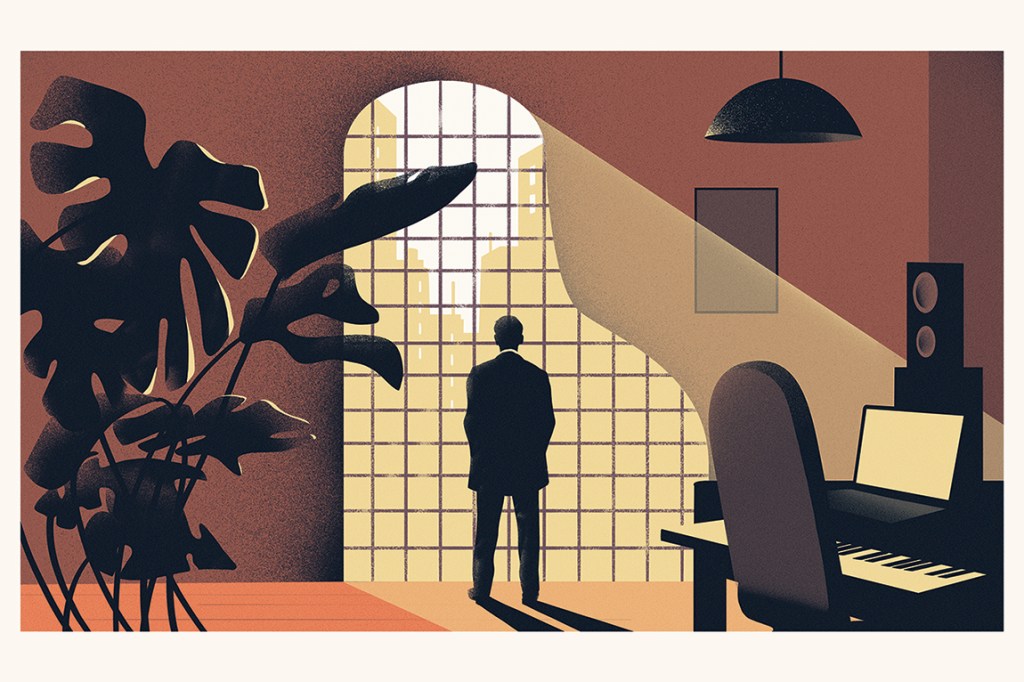








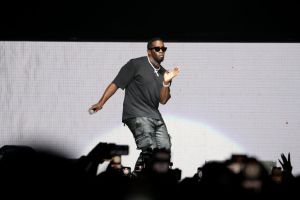



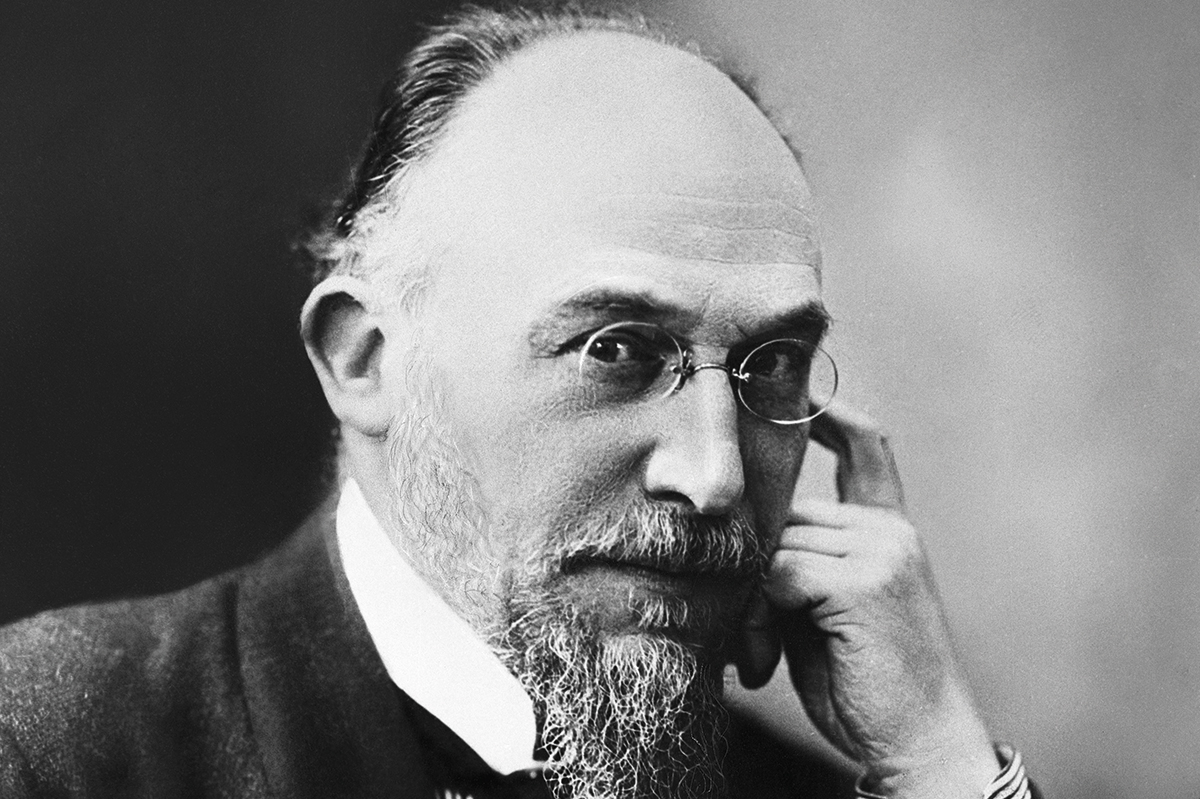
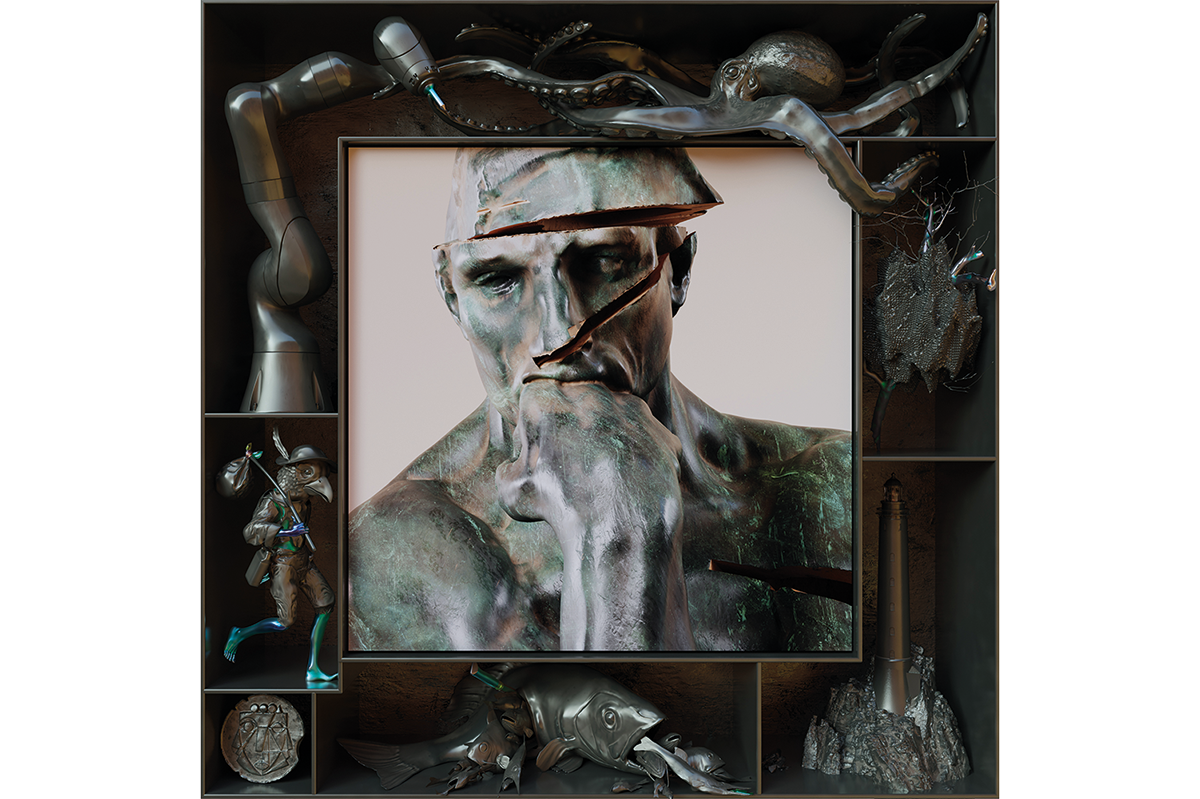
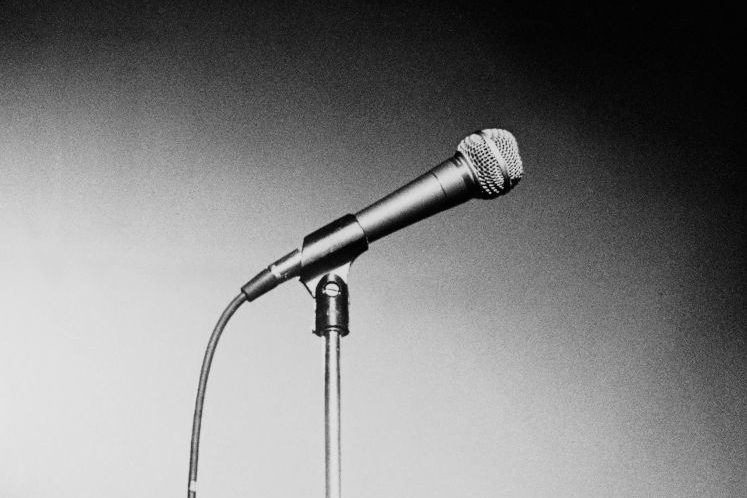







Leave a Reply